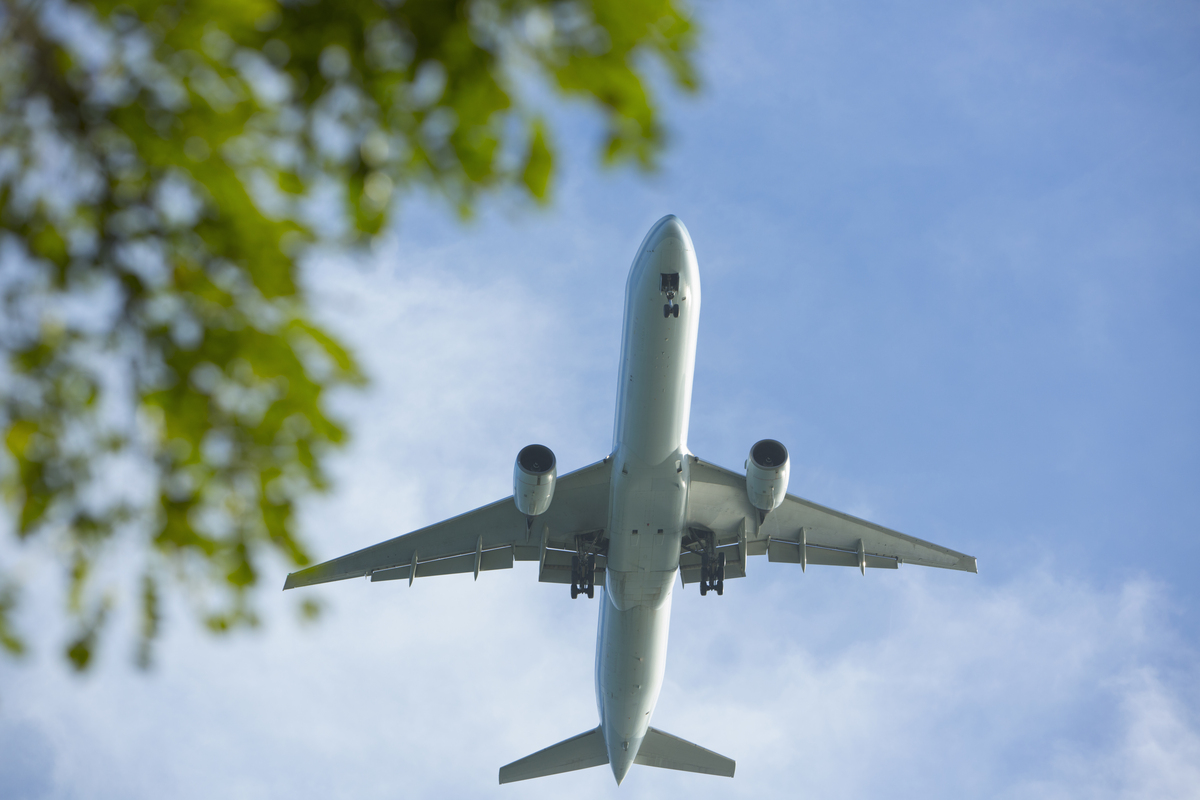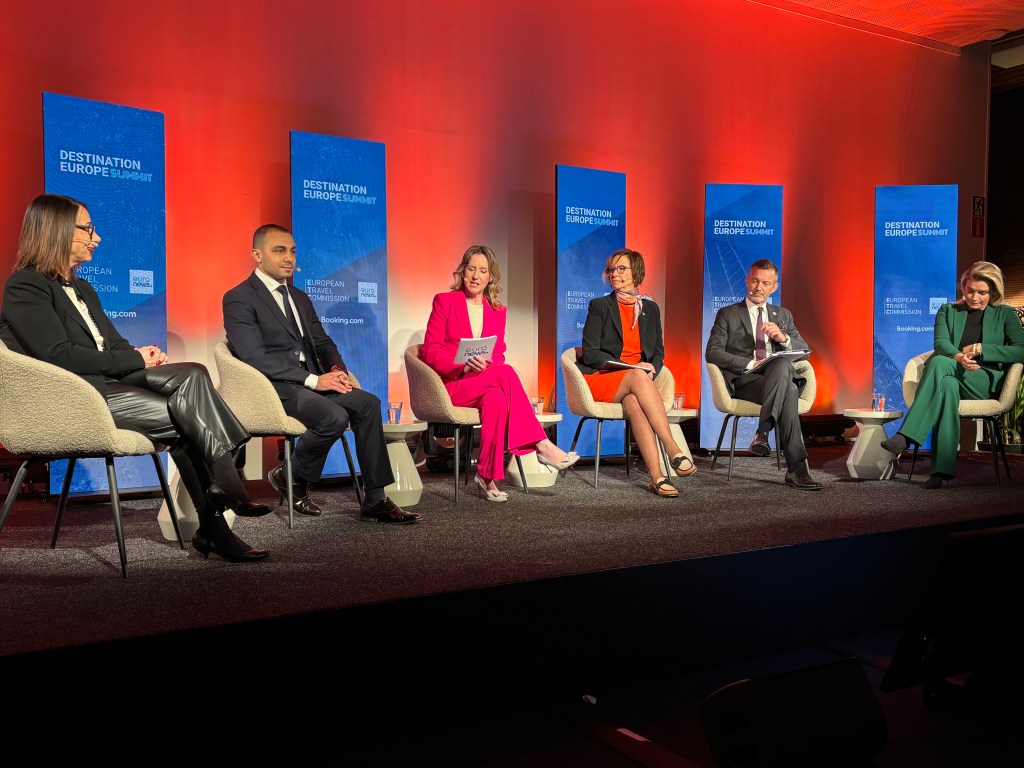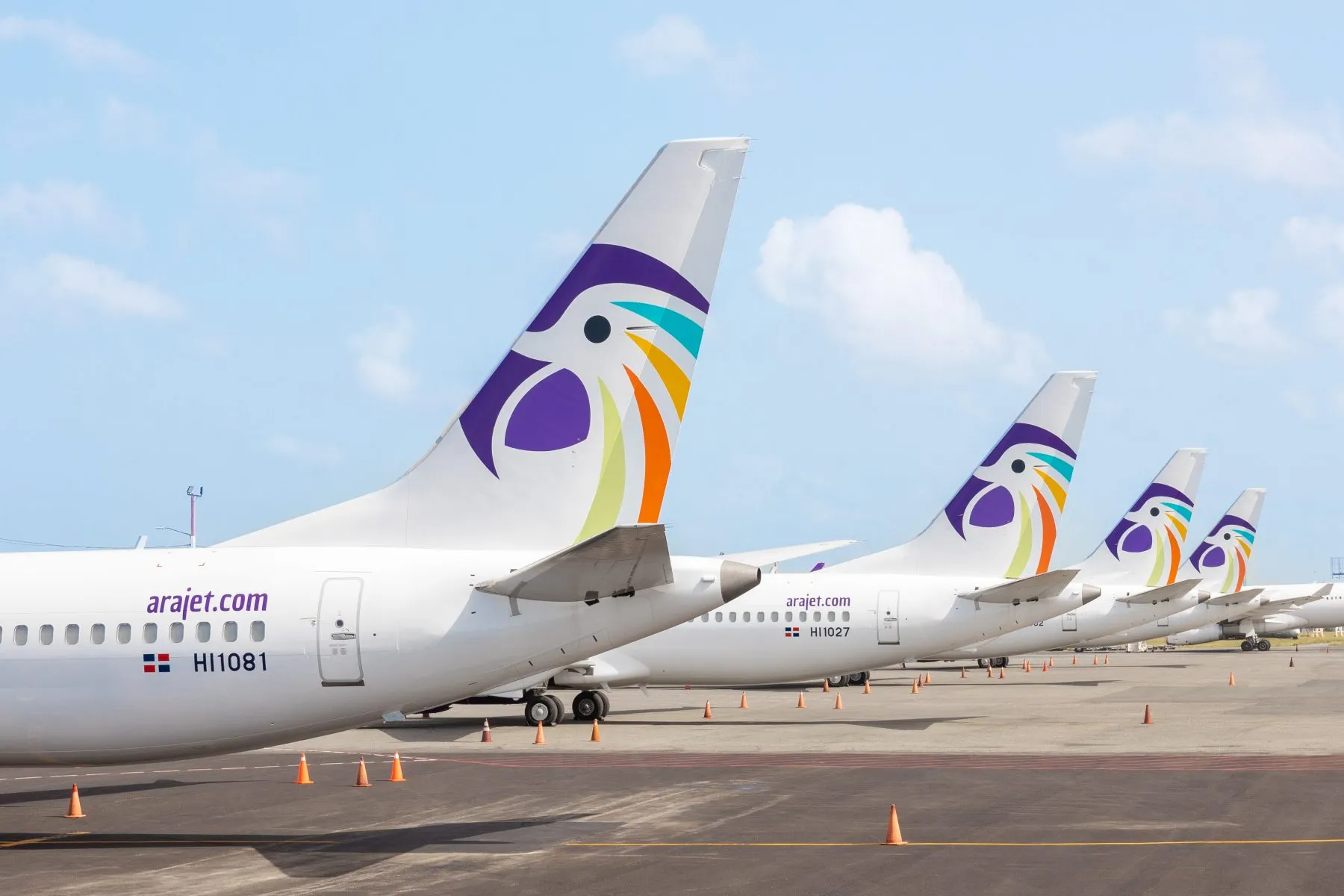EU Policymakers Raise Concerns Over Slow Sustainable Aviation Fuel Production

Skift Take
At the Destination Europe summit in Brussels on Thursday, European Union policymakers raised concerns about the slow production of sustainable aviation fuels (SAF), which could reduce carbon dioxide emissions from aircraft by up to 80%.
The EU requires airlines operating there to use at least 2% SAF, but the target is 70% by 2050. That’s an ambitious goal given current supplies of SAF.
"We won't achieve it when we want to,” said Nikolina Brnjac, member of European parliament and former Croatian minister of tourism.
Speaking in a panel discussion about the future of tourism in Europe, she said: “It won't be so easy, but we must support the tourism industry. Europe is dependent on good aviation.”
Also on the panel was Olivier Jankovec, the director general of the Airports Council International (ACI) Europe. Pointing to the staggering gap, he said only one million tonnes of SAF were produced last year and that net-zero goals demand 400 million tonnes a year.
"We have a huge challenge in scaling up and getting the production capabilities in Europe. We have a huge challenge in lowering the price because SAF is two to eight times more expensive,” he said.

EU officials took part in a discussion at the Destination Europe event in Brussels on Thursday
Lack of SAF Facilities on Small Islands and Smaller Airports
Brnjac raised further concerns about building infrastructure for SAF in more remote parts of Europe.
"We have a problem with airports that are bigger and smaller. Some of them can go in this direction and achieve this goal. For smaller airports, it's not going to be so easy,” she said.
Sérgio Gonçalves, EU member of parliament for Madeira from the EU, agreed with this.
“Being on an island we have airports and ports that are essential for us,” he said. “Whether SAF is expensive or available or not, on an island you have a different challenge. You have to find a place to store it, to transport it to the island and make these huge investments. It’s a big challenge.”
EU transport director Magda Kopczyńska defended the policy, saying production is increasing.
"Seven years ago nobody talked about alternative fuels in aviation. What we put in place are requirements for airlines to gradually have more SAF in the fuels they use. I have been talking to producers and they are telling me that the production is ramping up. Producers are saying they are meeting the timelines,” she said.
She added that the reason why the law requires only 2% of SAF use, then ramping up over the next few decades, is to manage these issues.
“Why so slow? Because we need to ramp up production and the prices need to come down. As with anything that is on the market, the more competition, the more production and the better the prices,” she said.
Skift’s in-depth reporting on climate issues is made possible through the financial support of Intrepid Travel. This backing allows Skift to bring you high-quality journalism on one of the most important topics facing our planet today. Intrepid is not involved in any decisions made by Skift’s editorial team.





